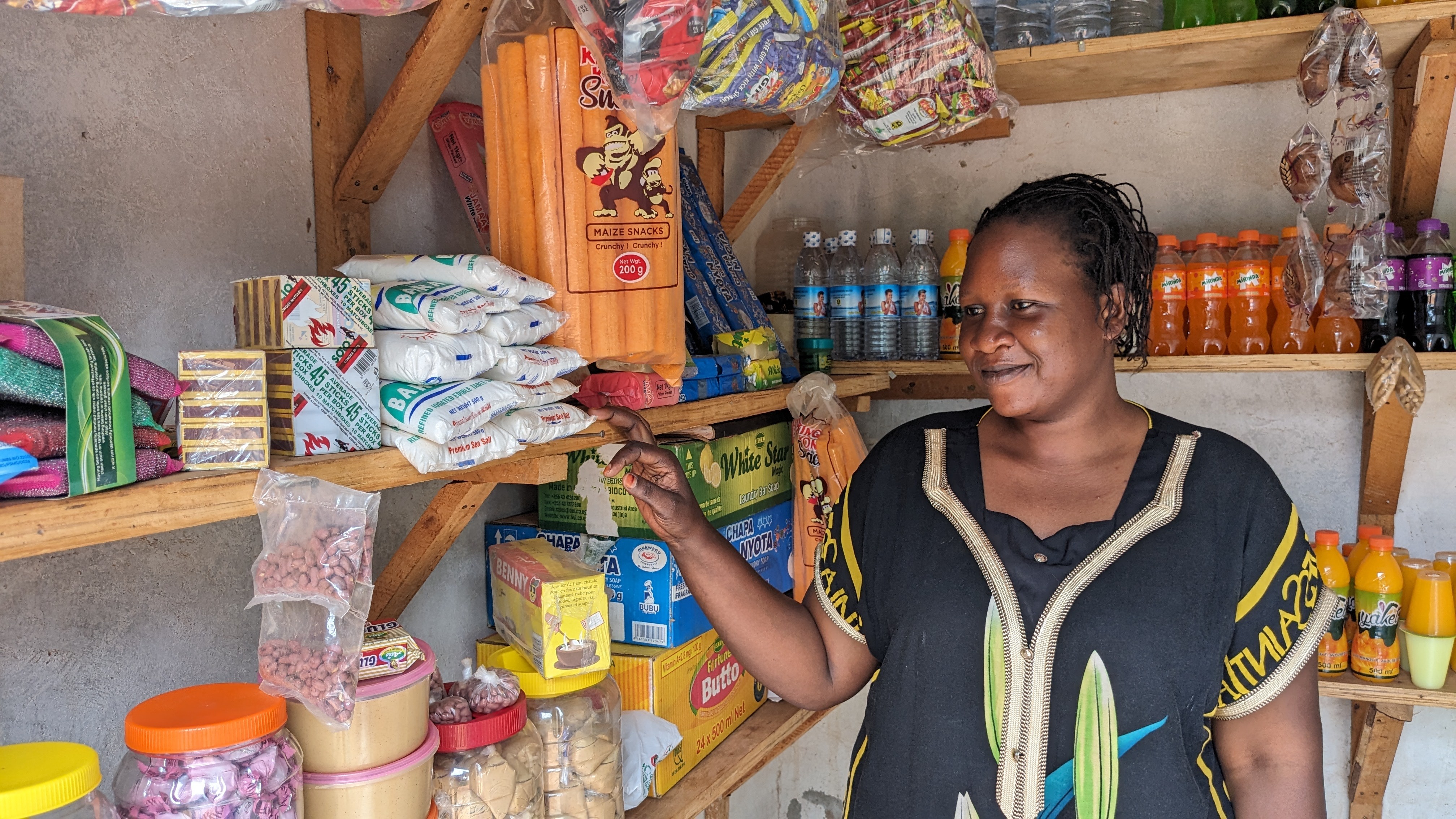This holiday season we pulled together some of the top reasons people GiveDirectly. Let us know if you have others and we hope you’ll share these with your friends and family.
- GiveDirectly was just named one of the four most effective charities to give to for the 4th year running by the charity evaluator GiveWell, which called GiveDirectly “the most outstanding organization that we have come into contact with over the years that we’ve done GiveWell.”
- 91% of money that you give to GiveDirectly is transferred to our recipients.
- GiveDirectly’s model is based on rigorous independent research that shows that cash transfers increase recipients’ earnings, assets, food security and well being.
- Cash transfers from GiveDirectly give families like Lukas’s the flexibility to set their own priorities, and in Lukas’s case build a new home and expand his charcoal business to support his family.
- GiveDirectly is a laboratory where we can learn how to make aid more effective. Each dollar you give not only helps a poor family but helps increase the world’s knowledge on how better to help poor families.
- Oxford author Will MacAskill wrote that, “All other development programs should be assessed using GiveDirectly as the yardstick.” By giving to GiveDirectly, you help reinforce that donors want aid programs to demonstrate that they’re doing the most good with your $1 that they can.
- GiveDirectly is influencing how the world spends $150 billion in aid a year, with the UK and the European Commission this year endorsing cash transfers as a benchmark for aid.
- GiveDirectly’s model restores dignity to the poor, making clear that we don’t presume to know what poor families need or what their priorities should be.
- GiveDirectly is ruthlessly transparent, posting online exactly how your dollars are spent and keeping donors abreast of our successes and our failures.
- GiveDirectly is backed by some of the leading institutions and experts in aid, philanthropy and the media, including Google.org, Good Ventures, The Rockefeller Foundation, and Foreign Policy Magazine.

